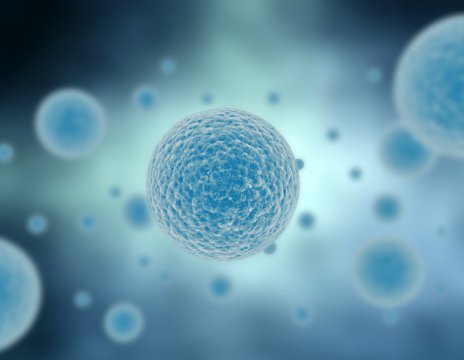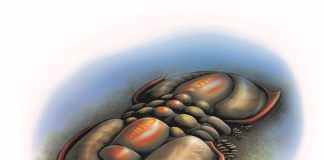An international team of researchers report that they’re the first to successfully breed healthy mice without any fertilized eggs, instead relying on inactive embryos.
Sperm maturation was previously thought only to arise in the egg. But researchers from the University of Bath in Britain, University of Regensburg and the Fraunhofer Institute for Toxicology and Experimental Medicine in Germany have developed a new method that challenges this notion.
In this study, they injected chemically-modified mouse embryos with sperm that allows them to become healthy baby mice with a success rate of up to 24 percent.
The embryos were chemically treated so that they would contain just a single set of unpaired chromosomes, rather than the paired set usually created by the fusion of a sperm and an egg, according to the study.
This is the first time that full term development has been achieved by injecting sperm into embryos, said Dr. Tony Perry from University of Bath, who is one of the study authors.
“Our work challenges the dogma, held since early embryologists first observed mammalian eggs around 1827 and observed fertilization 50 years later, that only an egg cell fertilized with a sperm cell can result in a live mammalian birth,” said Perry.
The result hints that in the long-term future it could be possible to breed animals using non-egg cells and sperm, said the researchers.
But this is far from being applicable to human embryos, as survival in implanted embryos is still low, and this study has been performed in mouse embryos and provides no evidence this would work in human embryos, according to a press release from Nature Communications.
Sherri E. White













